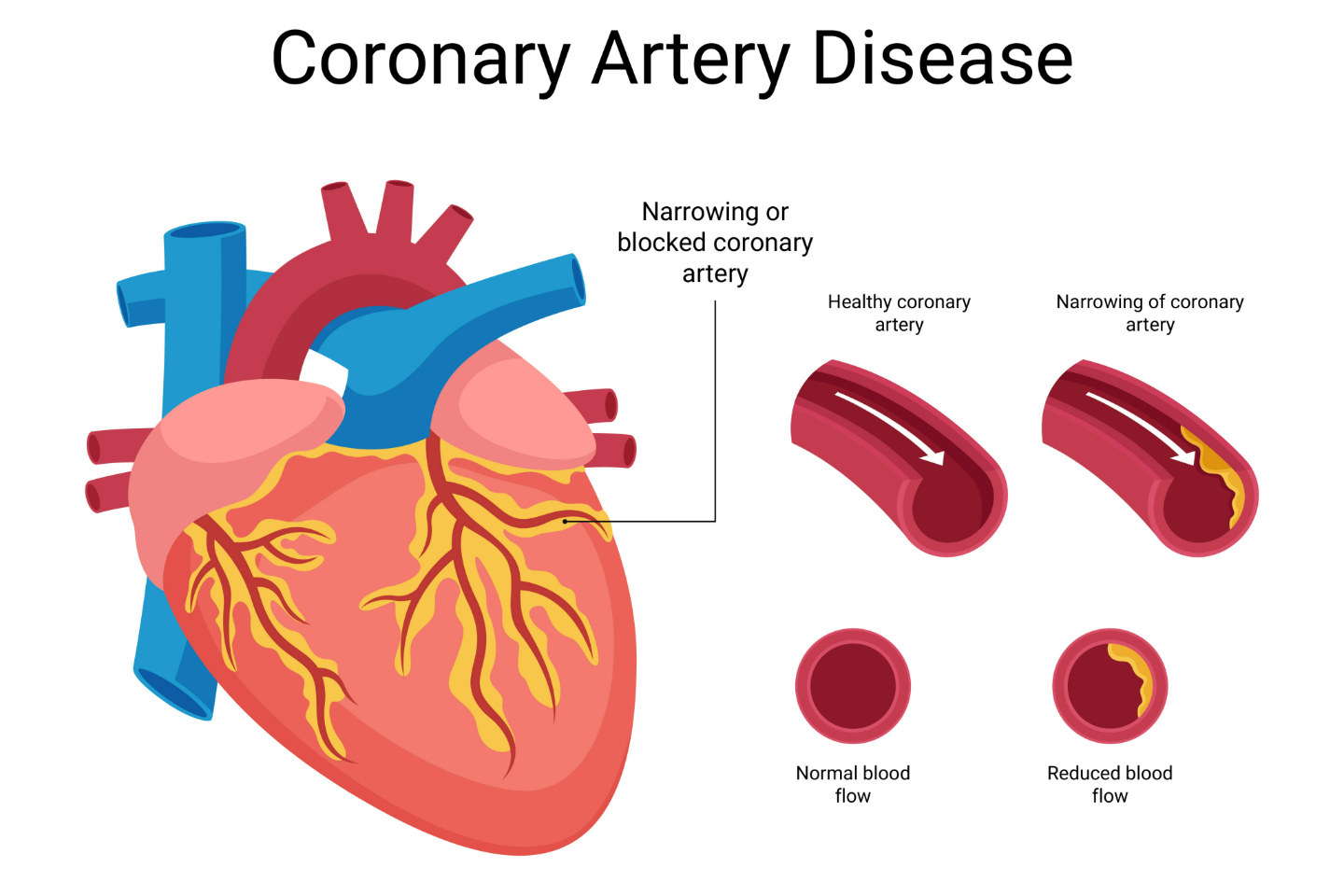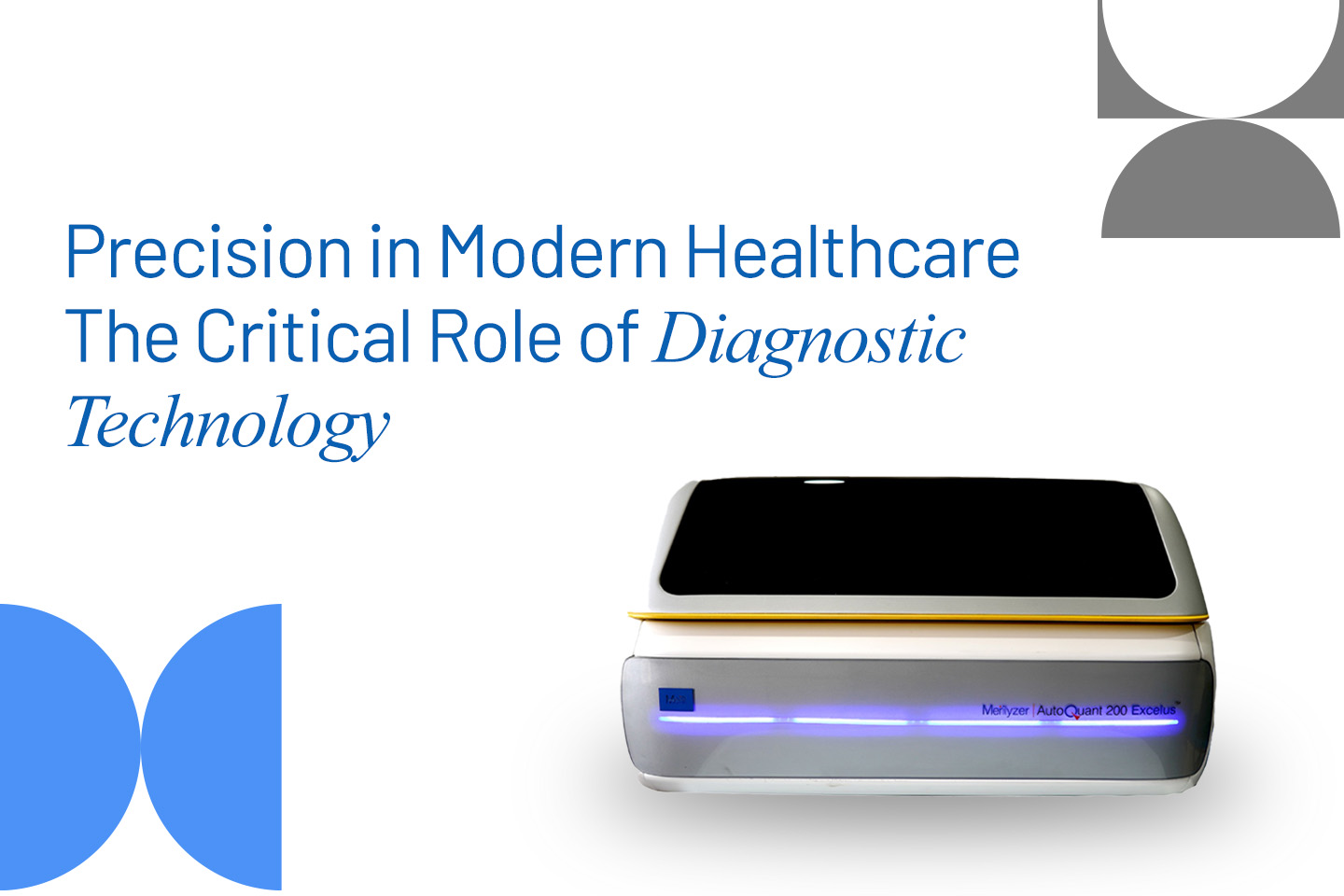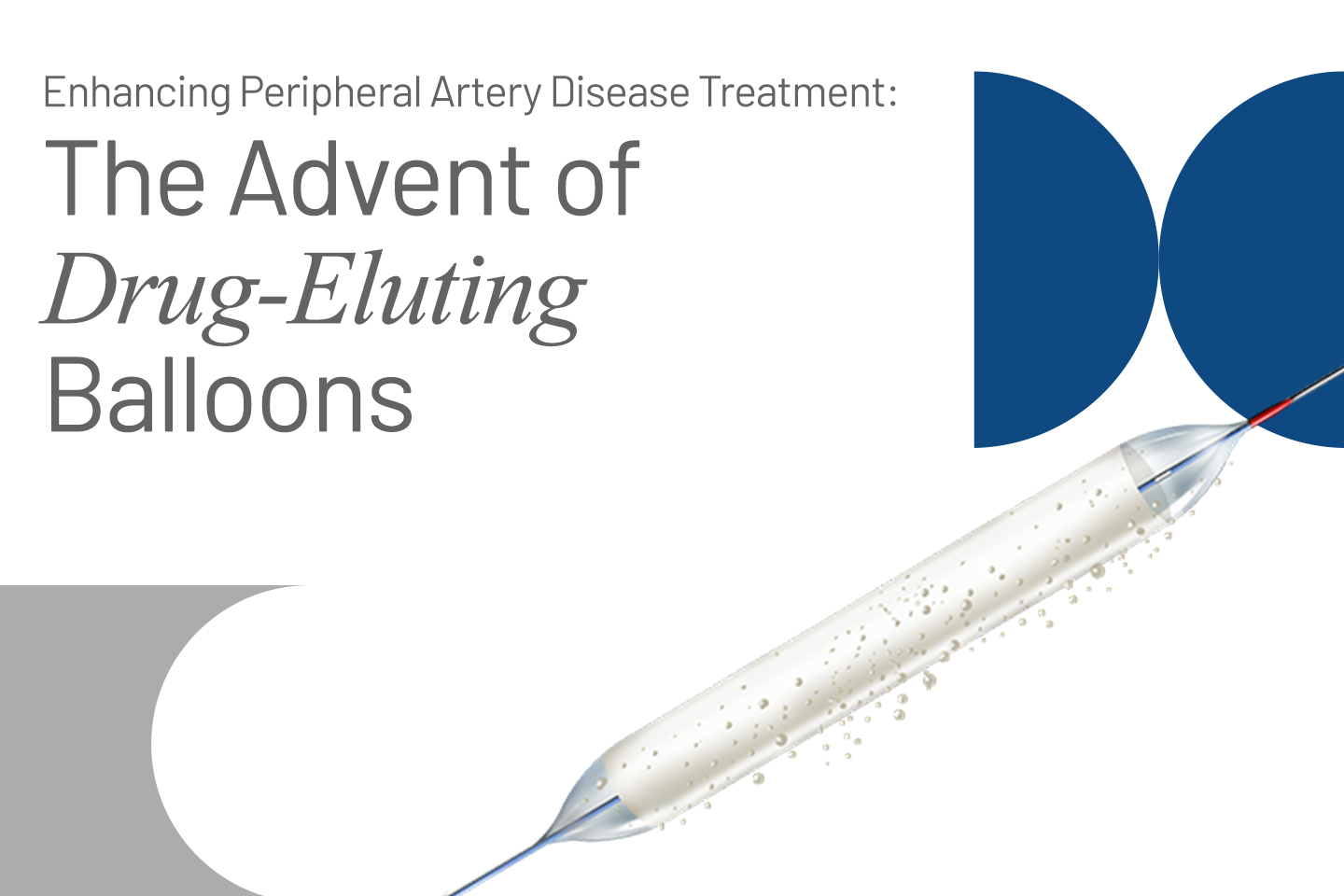Medical Devices
The Role of Genetics in Coronary Artery Disease

Have you ever wondered why some people seem to be more prone to heart problems despite living a healthy lifestyle? It’s a question that puzzles many, and the answer may lie in our genes. Coronary artery disease (CAD), one of the leading causes of heart issues, doesn’t just depend on how we live our lives—it can also be written in our DNA. In this article, we’ll explore the fascinating role of genetics in CAD, helping you understand how your family history and genetic makeup might influence your heart health.
An Overview of Coronary Artery Disease[1]
Coronary artery disease (CAD) occurs when the coronary arteries, which supply blood to the heart muscle, become narrowed or blocked by plaque buildup. This plaque is composed of cholesterol, fatty substances, cellular waste products, calcium, and fibrin. The buildup of plaque can reduce or completely obstruct blood flow to the heart, leading to serious health complications.
Common symptoms of CAD include chest pain, known as angina, shortness of breath, and fatigue. These symptoms occur because the heart is not receiving enough oxygen-rich blood to meet its needs. If left untreated, CAD can lead to severe complications such as heart attack, where a portion of the heart muscle is damaged or dies due to a lack of oxygen, and heart failure, where the heart cannot pump blood effectively.
Genetic Factors in Coronary Artery Disease
Genetics plays a crucial role in the development of coronary artery disease. Genes, which are inherited from our parents, carry instructions for the body's functioning and can influence susceptibility to various diseases, including CAD. Genetic predisposition means that some individuals are more likely to develop CAD due to their inherited genetic makeup.
Multiple genes are involved in influencing the risk of CAD, often interacting with lifestyle and environmental factors. This means that while genetics can increase the likelihood of developing CAD, lifestyle choices such as diet, exercise, and smoking cessation are still critical in managing the disease.
Specific Genetic Markers and Mutations
Certain genetic markers and mutations are known to significantly affect the risk of developing coronary artery disease. Here are a few notable examples:
Apolipoprotein E (APOE) gene[2]: Variants of the APOE gene can affect cholesterol levels in the blood. Some variants are associated with higher cholesterol levels, increasing the risk of CAD.
Lipoprotein(a) [Lp(a)][3]: Elevated levels of Lp(a), which are often inherited, are linked to a higher risk of CAD. High levels of Lp(a) can contribute to plaque buildup in the arteries.
Familial hypercholesterolemia (FH)[4]: This is a genetic disorder that leads to extremely high cholesterol levels from an early age. Individuals with FH have a significantly increased risk of developing CAD, often at a younger age than the general population.
9p21 locus[5]: A common genetic variant located on chromosome 9p21 is associated with an increased risk of CAD. This variant affects a regulatory region of the genome and can influence the expression of genes involved in cell cycle regulation and atherosclerosis.
Family History and Hereditary Risk
Family history is a critical factor in assessing the risk of coronary artery disease. A strong family history of CAD, particularly if it occurs at a young age, suggests a significant genetic component. If close relatives such as parents or siblings have been diagnosed with CAD, especially at an early age, it is important to discuss this family history with a healthcare provider. This information can help assess risk and guide preventive measures.
Genetic Testing and Screening for CAD[6]
Genetic testing can provide valuable insights into an individual's risk of developing CAD. There are different types of genetic tests available, including whole genome sequencing, which analyzes the entire genetic code, and specific gene panels that focus on known risk genes for CAD.
The benefits of genetic testing include personalized risk assessment and the opportunity for early intervention. By identifying genetic predispositions, healthcare providers can develop appropriate treatment plans. However, genetic testing also has limitations, such as cost, accessibility, and the potential for uncertain results. It is important to weigh these factors when considering genetic testing.
Impact of Genetics on Treatment and Management
Genetic information can significantly influence the management and treatment of coronary artery disease. Personalized medicine, which tailors treatment plans based on an individual's genetic risk factors, is becoming increasingly important in the management of CAD. For example, individuals with familial hypercholesterolemia may benefit from more aggressive cholesterol-lowering treatments[8]. Understanding genetic risk can also help in the selection of appropriate medications and lifestyle interventions.
Lifestyle and Environmental Interactions[1]
While genetics plays a critical role in the risk of CAD, lifestyle and environmental factors are also essential in managing the disease. Adopting a heart-healthy diet rich in fruits, vegetables, whole grains, and lean proteins can help reduce the risk of plaque buildup in the arteries. Regular physical activity is crucial for maintaining cardiovascular health and preventing CAD. Additionally, avoiding smoking and managing stress through techniques such as mindfulness and relaxation exercises can further reduce the risk of CAD.
Conclusion
The role of genetics in coronary artery disease is significant, influencing both the risk of developing the condition and the management strategies used to treat it. By combining genetic insights with healthy lifestyle practices, individuals can make informed decisions and manage heart health.
Reference Links:
[1] https://www.mayoclinic.org/diseases-conditions/coronary-artery-disease/symptoms-causes/syc-20350613#:~:text=Coronary%20artery%20disease%2C%20also%20called,are%20almost%20always%20to%20blame.
[2] https://jmhg.springeropen.com/articles/10.1186/s43042-021-00135-2#:~:text=Our%20findings%20suggest%20that%20the,to%20alleviate%20the%20CAD%20risk.
[3] https://www.sciencedirect.com/science/article/pii/S0019483218312781#:~:text=Lipoprotein(a)%20%5BLp(,causal%20factor%20for%20CAD%20risk.
[4] https://www.ahajournals.org/doi/full/10.1161/01.cir.92.3.290#:~:text=Familial%20hypercholesterolemia%20(FH)%20is%20characterized,in%20the%20LDL%20receptor%20gene.
[5] https://www.ncbi.nlm.nih.gov/pmc/articles/PMC6694924/
[6] https://www.ahajournals.org/doi/full/10.1161/HCG.0000000000000067#:~:text=Genetic%20testing%20typically%20should%20be,the%20term%20variant%20in%20preference
[7] https://my.clevelandclinic.org/health/diseases/22067-familial-hypercholesterolemia





